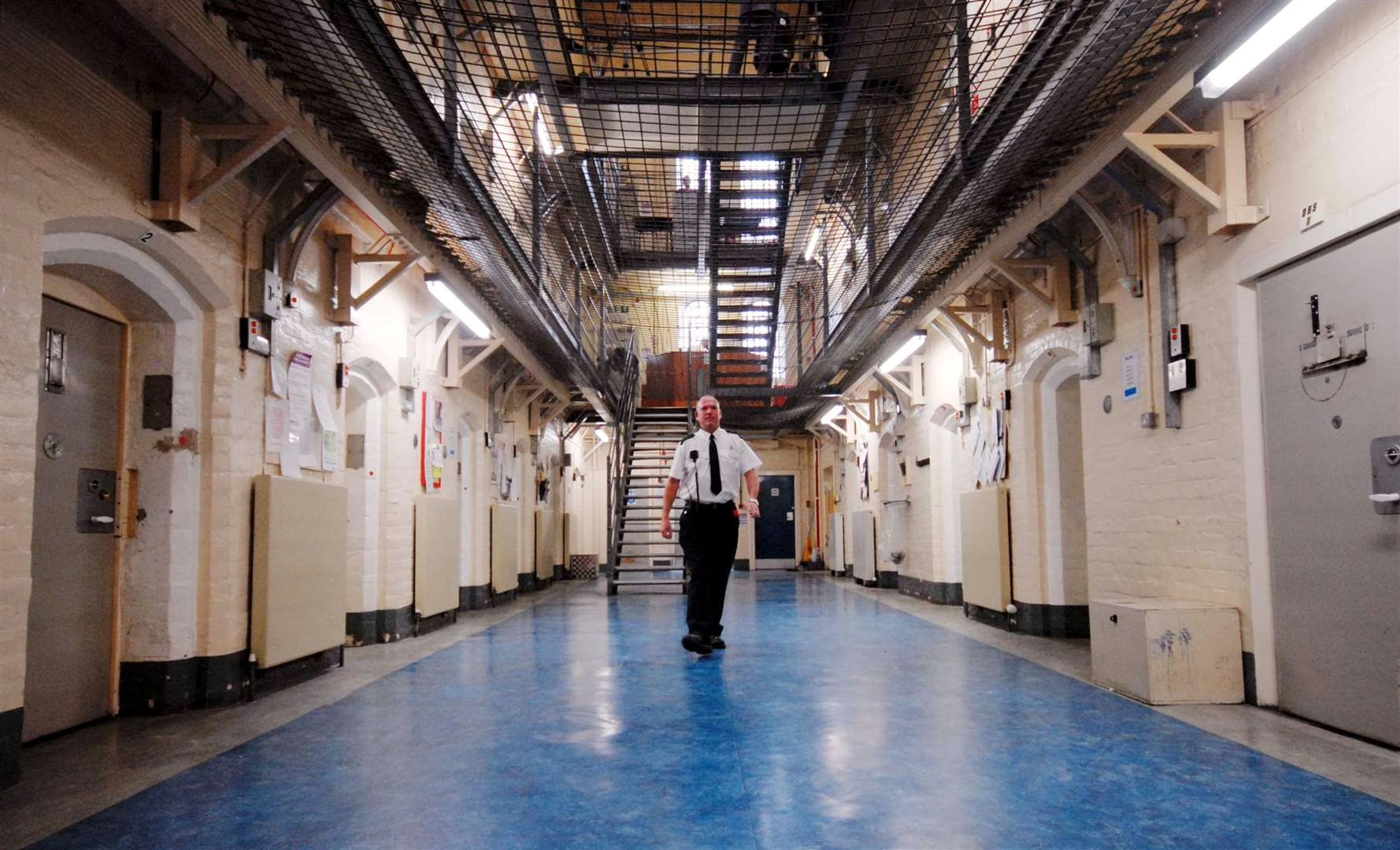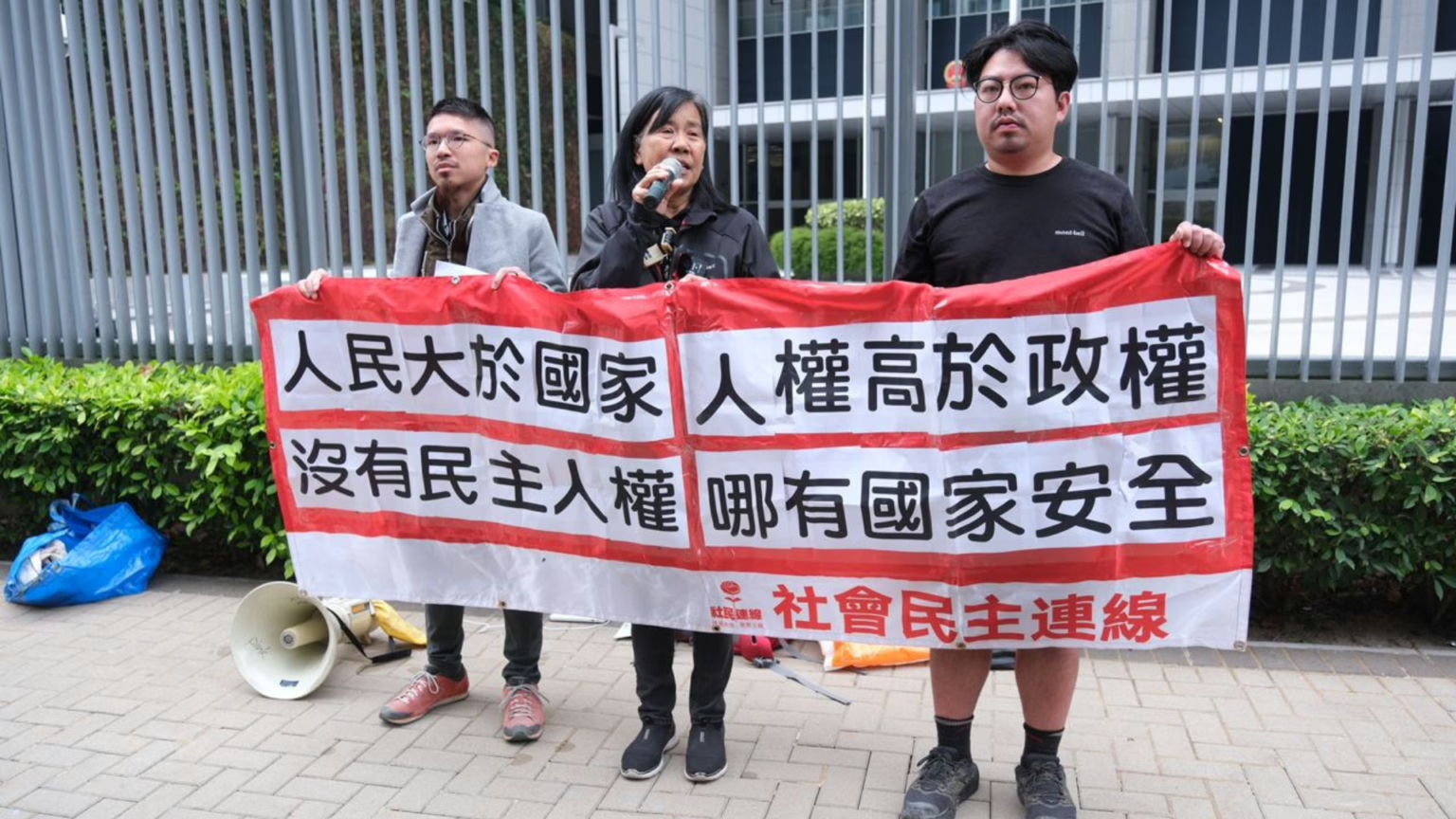The UK prison system is grappling with an unprecedented crisis: overflowing cells, surging violence, and high reoffending rates threatening public safety. Latest figures show England and Wales’ prison population at 85,372, with 12% being foreign nationals, Albanians topping the list. Justice Secretary Shabana Mahmood today unveiled the “Smart Justice” strategy, rolling out short-term sentence restrictions, digital monitoring, and enhanced support for female prisoners, alongside responding to an independent sentencing review, to tackle the prison crisis. However, funding and staffing shortages pose significant hurdles.
Prisons Overcrowded, Violence Spirals
England and Wales’ prisons are at 98.8% capacity, the highest in Western Europe, with projections estimating a rise to 99,300 by 2026 (Offender Management Statistics). Inmates are often forced to share single cells, hygiene conditions are dire, and violence is rampant. A 2024 inspection report revealed over 50% of male prisoners tested positive for drugs, with synthetic drug “spice” fuelling chaos. Female prisons have seen self-harm rates nearly double in five years, with around 70% of inmates facing mental health issues but receiving inadequate support. Staff shortages are critical, with a 12% turnover rate in 2024 and 80,000 years of experience lost since 2010, jeopardizing security.
Prisoner Nationalities and Crime Types
As of 31 December 2024, England and Wales’ prison population stood at 85,372, with 10,355 foreign national offenders (FNOs) making up 12%, 76,869 UK nationals, and 578 with unrecorded nationality. Key foreign nationalities include:
- Albania: 1,139 (11% of FNOs)
- Poland: 828 (8%)
- Romania: 725 (7%)
- Ireland: 621 (6%)
- Jamaica: 311 (3%)
Among FNOs, 36% are on remand (3,589), 62% are sentenced (6,423), and 3% are non-criminal (343). From July to September 2024, 3,389 FNOs entered prison for the first time, accounting for 18% of total first-time admissions, with Albanians (429) and Romanians (278) leading. Albanian prisoners are often linked to drug and organised crime, highlighting challenges with international crime networks.
Overall, 31% of prisoners are serving immediate custodial sentences for violence against the person (VATP), up from 25% in recent years, signaling a rise in violent crime. Drug offences are particularly prevalent among FNOs, with in-prison drug issues worsening—between 2018 and 2019, the proportion of prisoners developing drug addiction in jail rose from 8.4% to nearly 15%. Government efforts to bolster drug testing and treatment have had limited success. In 2023, 3,926 FNOs were deported, and the early removal scheme was extended from 12 to 18 months in October 2023 to ease prison pressure.
MoJ’s Latest Reforms: Smart Justice and Sentencing Overhaul
In May 2025, the Ministry of Justice (MoJ), responding to an independent sentencing review led by former Justice Secretary David Gauke, launched the “Smart Justice” strategy, with key measures:
- Curbing Short Sentences: A “presumption against” sentences under 12 months, promoting community service, fines, and drug rehabilitation. Data shows short-term custody has a 58% reoffending rate, compared to 23%-38% for community sentences.
- Digital Monitoring Trial: From spring 2025, GPS electronic monitoring will be trialled in southeast England as a “prison outside prison” scheme, tracking low-risk offenders, drawing on US models.
- Support for Female Prisoners: Addressing the high self-harm rates among female prisoners (3,635, or 4.1% of the total), the 2025 “Women’s Prison Reset” will pilot mental health social workers and parenting support in five women’s prisons, aiming to reduce incarceration for non-violent female offenders.
- AI Risk Assessment: The sentencing review, set to report in June 2025, will explore AI-assisted risk assessment tools to identify offenders suitable for community corrections.
- Incentive-Based Model: A new “earn-in model” ties release dates to prisoner behaviour, with good conduct potentially leading to early release and poor behaviour extending sentences, aiming to reduce in-prison violence and boost education and job participation.
The MoJ also announced a £4.7 billion investment to add 14,000 prison places by 2031, with the first new prison breaking ground in 2026, incorporating smart design focused on education and rehabilitation. However, experts warn a 9,500-place shortfall will persist by 2028, underscoring that expansion alone won’t resolve the crisis.
Emergency Releases and Deportation Measures
In October 2024, the MoJ introduced the SDS40 scheme, allowing certain standard determinate sentence prisoners to be released after serving 40% of their term, with the first wave on 10 September 2024. Approximately 2,000 releases are expected over the next two months, excluding sex offenders and serious criminals. However, some released prisoners have been recalled due to insufficient community support, sparking controversy.
To alleviate pressure from FNOs, 3,926 were deported in 2023, and the early removal window was extended to 18 months in October 2023. In February 2025, the MoJ announced legislation for recalled prisoners serving 1-4 year sentences, capping recall imprisonment at 28 days (excluding serious reoffenders), addressing a doubling of recall populations over seven years.
NGOs and Public Response
The Prison Reform Trust (PRT) and Howard League for Penal Reform praised the reform direction but criticized insufficient mental health resources. PRT Director David Maguire said, “Prisons should transform lives, not breed crime.” A YouGov poll shows 68% of the public back crime prevention measures like youth education, and 57% support more in-prison skills training, but early releases have stirred “soft justice” concerns.
The Howard League highlighted the need to reverse sentence inflation, noting that average tariffs for serious crimes rose from 15.5 to 24.6 months between 2002 and 2022, driving up prison populations.
Controversies and Challenges
- Transgender Prisoner Policy: Cases of male prisoners identifying as female entering women’s prisons have raised safety concerns, with new guidelines planned for summer 2025 to balance safety and rights.
- Funding and Staffing: The £4.7 billion investment is substantial, but staff shortages (12% turnover in 2024) and inadequate training hinder implementation. Prison maintenance requires £2.8 billion, with only £520 million allocated, exacerbating backlogs.
- Long-Term Impact: The Royal Commission on Criminal Justice’s proposed “10-year justice blueprint” has support, but political pressures may prioritise short-term policies, stalling systemic change.
International Lessons and Outlook
The UK is drawing on Norway’s “queue for prison” system (placing low-risk offenders on electronic monitoring) and the Netherlands’ experience (cutting prison populations by 40% from 2005-2022) to reduce reoffending (Norway’s rate dropped from 70% to 20%). Justice Secretary Mahmood stressed, “We must not only punish offenders but help them become better citizens to protect society.” Success hinges on funding, public trust, and staff stability.
Discover more from “Bridging Hongkongers. Reporting Truth.”
Subscribe to get the latest posts sent to your email.




